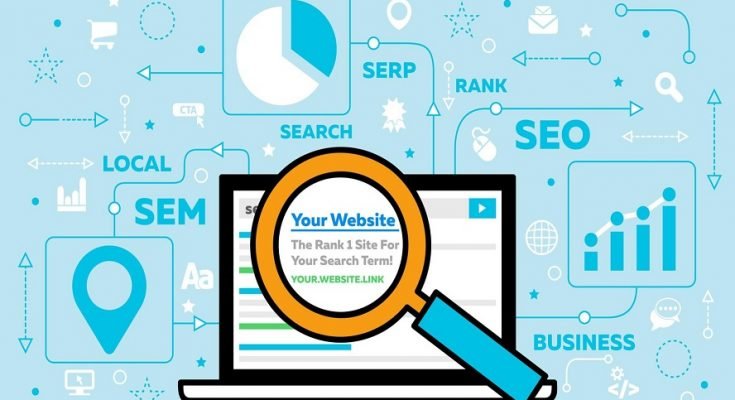Organic Google rankings are everything in SEO and internet marketing. A top result in the Google Search Engine Ranking Pages (SERPs) means your content is easily accessible by people looking for the solution or service you offer. This allows you to draw potential new customers to your business without significant ad budgets.
SEO Statistics reveal that 68% of online experiences begin with a search engine. This explains why it’s essential to appear in the first search results of Google pages by implementing top SEO practices. You’ll be laying the required groundwork for your site to increase its visibility and allow search engines easy time to crawl, index, and understand your content.
Here is a look at what you may be doing wrong if your website is not ranking in SERPs:
- Your Site Speed Has a Slow Speed
A web page should take about five or six seconds to load on mobile or desktop devices. In most cases, users are looking at about three seconds. This is how long they’re willing to stick around before they move on to the next search result.
Engagement level is a critical factor that Google looks at when ranking your page. The engagement metrics will plummet if users can’t wait for your page to load. This will likely negatively impact your site rankings accordingly.
Engagement levels are measured by how users stick around on your site versus the bounce rates. Google’s main aim is to deliver quality content to searchers looking for answers, and a slow loading page with high bounce rates sends a poor-quality signal.
- Your Content Doesn’t Target the Right Keywords
It’s time and resource-wasting to rank for keywords nobody searches for. Google will have difficulty ranking your site if it’s unclear what questions you’re trying to answer and rank for in the search engines.
One of the best SEO services is to develop clear content so users can quickly understand what’s offered. It shouldn’t be just fluff content with lots of industry jargon for which people don’t have the right questions.
An excellent way to start is by doing keyword research for your content. The right keywords will help optimize SEO and relay what you’re offering in the best way people search for it. Mid-tail keywords comprising low or medium difficulty are always the best if you’re aiming for a higher search volume.
- You’re Focusing on the Wrong Search Intent
A look at Google’s top results will tell you a lot about the intent behind a user query. This should form the basis for what kind of content any website needs to create for it to rank high in the SERPs.
Not aligning your content with search intent hurts your Google rankings significantly. For instance, if you’re selling weight loss supplements, Google wants you to develop content with keywords tailored to weight loss products. This helps in directing users accordingly and to sites selling weight loss products.
Search intent is a reflection of the purpose behind every user’s query. Google focuses on understanding and satisfying this search intent to help users get what they want. If you manage to get your site on Google’s first page, it shall have passed Google’s test on search intent.
- Lack of High-Quality Backlinks
High-quality content, excellent on-page optimization, and fast loading speeds but poor rankings are all signs your site probably doesn’t have enough backlinks. The more backlinks from high-authority domains, the more organic traffic your site gets from Google.
Backlinks are a strong ranking signal in Google’s search algorithm. However, quality is more vital than quantity when gaining backlinks. For example, a single backlink from a top site within your niche is much more valuable than ten links from low-quality websites.
It is a clear sign of your website’s reliability, and Google will consider this when listing your site in search results. The key to earning more backlinks is to provide valuable and high-quality content to answer the right queries. This will significantly increase your chances of exposure.
- Your Website Is Not Mobile Friendly
The global number of smartphone users is steadily growing and is expected to surpass 7 billion by 2024. This is why a mobile-friendly website is vital in aligning your website with current user needs. Your site rankings are more likely to negatively impact mobile search results if you don’t make it mobile-friendly.
Mobile friendliness means your site should take the shape of the particular device it is viewed on. Any struggles that involve dragging the phone or tablet into an ideal position to view content makes your site user-unfriendly. Google will punish you for that.
Final Thoughts
Its every company’s desire to have their website rank high on Google. Ranking high for multiple keywords improves brand recognition and makes your company popular among customers. Furthermore, high Google rankings make your page more professional.




